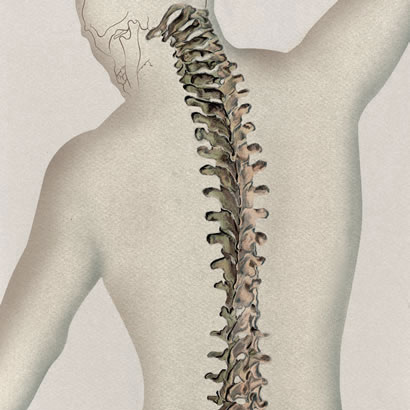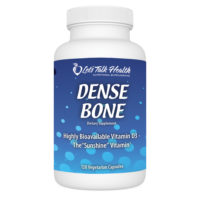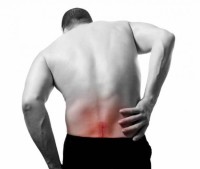 Thankfully many of our Let’s Talk Health members are heeding the call and adding sufficient amounts of Dense Bone – our proprietary vitamin D3 formula – to their nutritional arsenal.
Thankfully many of our Let’s Talk Health members are heeding the call and adding sufficient amounts of Dense Bone – our proprietary vitamin D3 formula – to their nutritional arsenal.
The benefits of vitamin D continue to grow. In the last decade, Vitamin D has become on of the most universally revered nutrients in the modern natural market.
Despite the overwhelming emerging science that has brought Vitamin D to the forefront of nutritional health – a whopping 77% of the population is lacking in sufficient Vitamin D.
Vitamin D – and specifically, bioavailable D3 from cholecalciferol (the type found in Dense Bone) is critical for the absorption of bone-boosting minerals such as calcium, phosphorous and magnesium.
Take a look at the emerging science confirming the lack of Vitamin D in patients undergoing spinal surgery.
At the 26th Annual Meeting of the North American Spine Society held in Chicago, it was revealed that “an alarmingly high rate of vitamin D abnormality” was uncovered in 313 men and women undergoing spinal surgery.
Earlier research in patients undergoing orthopedic surgery had found insufficient vitamin D levels among 43 percent. In the current study, which is the first to evaluate spine surgery patients, associate professor of orthopedic surgery Jacob M. Buchowski and his associates at Washington University School of Medicine discovered inadequate levels in 57 percent of the participants and deficient levels in 27 percent.
Dr Buchowski became aware of the possibility of vitamin D deficiency in spine surgery patients upon observing the slow recovery of a patient in her forties. “I was examining her and trying to figure out why the vertebrae didn’t fuse,” stated Dr Buchowski. “She mentioned that she had recently been diagnosed with vitamin D deficiency, and it was like a light bulb went off.”
“We rarely think about deficiency in younger patients,” he observed. “More of the older patients in this study had a history of taking supplements, and as a result, they had less risk for vitamin D deficiency than younger patients.”
“Our findings suggest it may be worthwhile to screen surgery patients for vitamin D,” Dr Buchowski continued. “We think those with insufficient levels of vitamin D may benefit from taking 50,000 international units of the vitamin once a week for eight weeks before surgery as this may help the recovery after spinal fusion surgery.”
“Vitamin D is inexpensive and easily stored in the body,” he added. “My hunch is that having adequate levels may help the spine fuse following surgery.”
Source: North American Spine Society
What you may not know is that ample Vitamin D in also a non-negotiable requirement for healthy immune function, balanced blood pressure levels, optimal insulin sensitivity and balanced blood sugar metabolism, healthy normal cell division, premenstrual comfort and a healthy and sanguine mood.
During one of the worst flu seasons in recent memory, increased levels of vitamin D will also enhance your immune system to help ward off the flu bug.
“I have been taking Dense Bone for a few weeks now and it has made all of the difference in the world to me. I do not know how, but it works on its own. I had a severe low back ache for a few weeks – and when the Dense Bone capsules arrived, I tried them immediately. I could not believe how the pain just disappeared and I could bend.” ~ Anne from Canada




